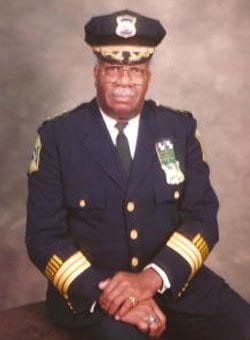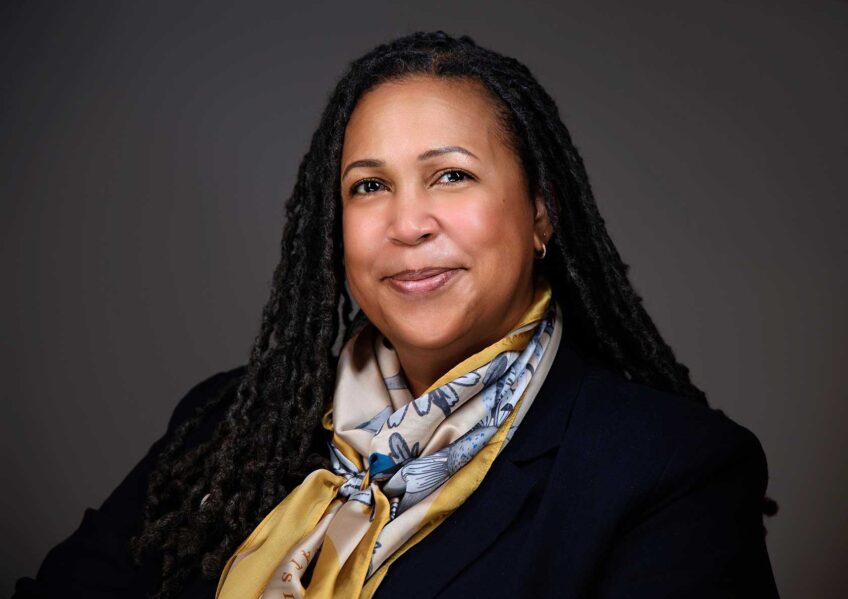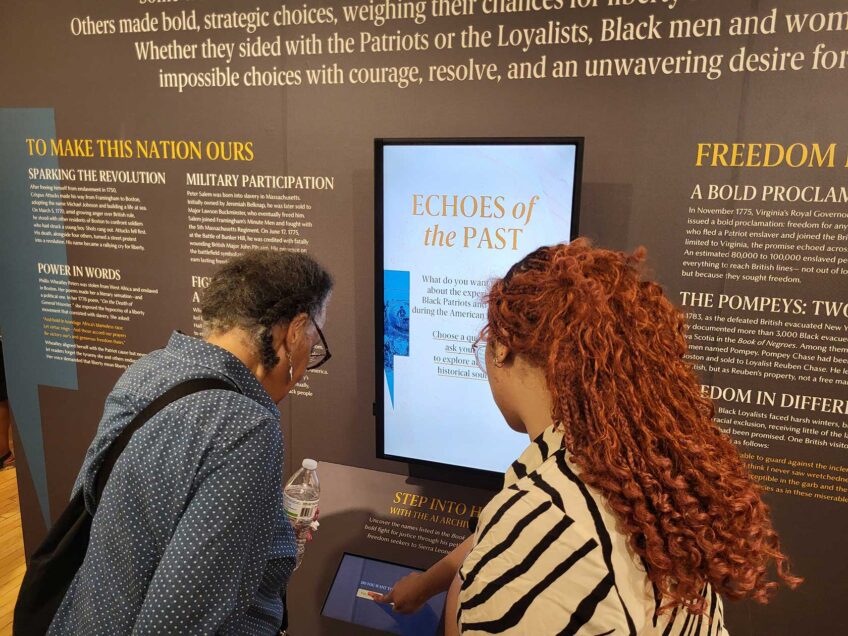Obituary: Willis Saunders, former Boston police commander and Tuskegee Airman

Citizens call for the police only at times of a great stress. When Willis D. Saunders Jr. was on the force, his arrival always provided an aura of tranquility.
Willis Saunders was a Roxbury man. He embodied the high standards of the community in which he served, first as a Tuskegee Airman during World War II and later as Boston police deputy superintendent.
When he was a detective, Saunders dressed more like a college professor, donning tweed jackets, flannel slacks, button-downed shirts and regimental striped ties. His manner was restrained and gentlemanly.
Saunders was 84 years old when he died last week of heart failure. He grew up in Roxbury at a time when the pursuit of higher education was expected. After World War II, Saunders graduated from Howard University with a degree in electrical engineering. He later received three degrees from Northeastern University, an associate’s degree in 1973, a bachelor’s in criminal justice in 1975 and a master’s in public administration in 1982.
Saunders rose through the ranks to become night commander under former Boston Police Commissioner Francis Mickey Roache.
“I knew he was well educated, I knew he was beloved, and I thought he would be the most healing person in the department, just by being himself,” Roache told WBUR’s Delores Handy.
Former Mayor Raymond Flynn also knew about Saunder’s ability to heal.
“Well, in the troubled times following the busing, Willis was the night man out in the streets of Boston,” Flynn told WBUR. “Probably more than anybody in my experience, he brought the city together. He wasn’t just an enforcer, he was a healer. And the city won’t see the like of Willis Saunders again, I’m afraid.”
Flynn recalls Saunders was particularly troubled during the Charles Stuart crisis in 1989. Police, responding to increased gun violence, had instituted a stop-and-frisk policy against young black men in the city’s minority neighborhoods.
Officers who worked with Saunders said he was a kind and thoughtful mentor who, through encouragement and example, inspired others to do their best.
“He was such a strong role model, particularly for officers of color,’’ Bruce Holloway, a Boston police superintendent, told the Boston Globe.
Conversations with Saunders, he said, left him “feeling so empowered. So many young officers today would benefit from being in Willis Saunders’ presence.’’
Saunders was born in Boston and graduated from Boston Trade High School. He enlisted in the Army Air Corps and became one of the Tuskegee Airmen, the first all-black aviation unit in U.S. history. For his services as a Tuskegee Airman, Saunders received a Congressional Gold Medal.
Saunders’ father, an immigrant from Bimini, served in the Army during World War I. “My mother always said if you strive hard enough, you can do anything,” Saunders told the Boston Globe in 1992 when he retired. “My father always said, treat people as you want to be treated yourself.”
Saunders received numerous accolades from Boston-based organizations, including awards from the NAACP, the Boston City Council, Metro Boston Alive, the Boston Press Photographers Association and the Massachusetts House and Senate.
Saunders was a longtime member of the Massachusetts Association of Minority Law Enforcement Officials. He also served on the board of the John A. Shelburne Community Center in Roxbury.
Saunders leaves three daughters, Sharon of Dorchester, Michelle of Boston and Robbin of canton. He had one grandson.
“He believed in proving yourself, his daughter Robbin said in a published report. “He always said that if you demonstrate your capabilities, then treat people with respect and dignity, eventually they’re going to see through to the person inside.’’
Also benefiting from Saunders’ mentorship were the women who started joining the force in the 1970s.
“He was strong, charismatic, eloquent and just terrific and almost like a father figure, always taking care of us,” said Patrice Bennett, one of the women who now make up 13 percent of the Boston Police force. She came on the job in 1985, the year Saunders became the department’s night commander.
“It was scary as a rookie, going to gun calls, but just seeing him there and knowing he was there showing us how to make the calls made us feel more comfortable,” she said.
Material from the Boston Globe and WBUR was used in this report.






